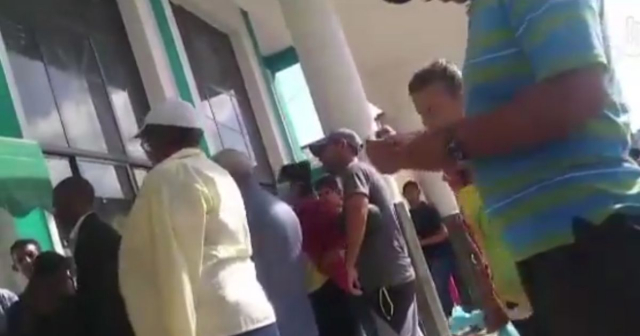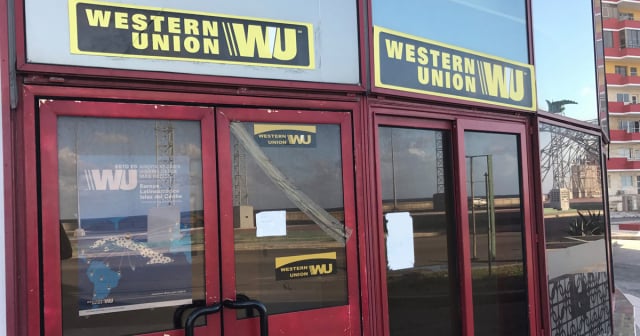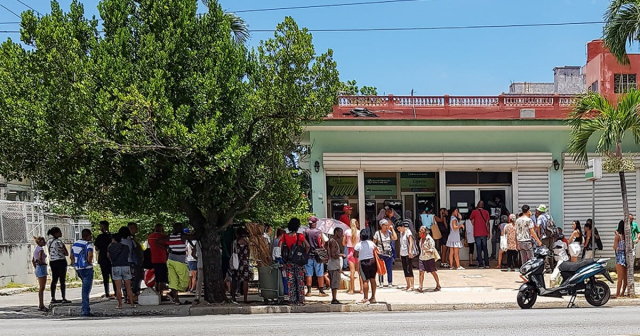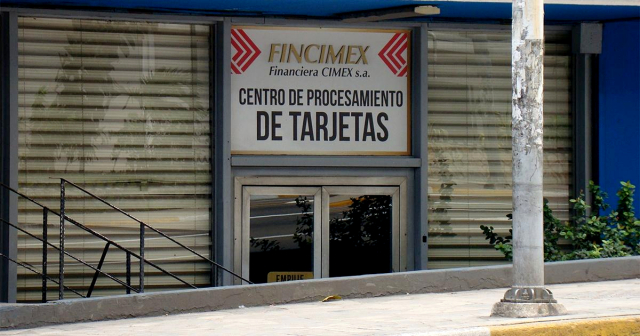The Cuban government recognized the failure of the banking process undertaken in August 2023, as well as the fiasco that represents the official exchange rate that was established for currencies as part of the “economic and monetary order.”
This was admitted by the Prime Minister Manuel Marrero Cruz during the balance meeting for the year 2023 of the Central Bank of Cuba (BCC), held this Saturday in the presence of the ruler Miguel Diaz-Canel and other leaders and officials of the entity.
The BCC is key to “the implementation and control of government projections to correct distortions and re-boost the economy,” Marrero Cruz stressed during the meeting, highlighting its role “in the macroeconomic stabilization program and monetary policy.”
The prime minister urged us to look for formulas to eliminate the dual exchange rate (official rate and informal rate) and the illegal exchange rate, issues that he recognized are of great concern to the population “due to their impact on inflation and price formation,” according to the reportage of the National Television News.
Among “the specific proposals that we are going to make is the determination of the exchange rate. That is a key issue, one of the issues that is taking even more pressure, especially the elimination of exchange rate duality, starting with the official 24 and 120, and see where we go”said Marrero Cruz.
However, the prime minister did not explain what “concrete proposals” the Díaz-Canel government has to determine an official exchange rate that eradicates the informal currency market in the country. While the official rate establishes an exchange value of one dollar to 120 pesos, in the black currency market, The American one is quoted at 340 Cuban pesos (CUP).
“You have seen that the illegal exchange rate continues to increase every day, which [implies] also more concern for the population, especially due to the impact that this illegal exchange rate has on the formation of the prices and the increase in inflation”, acknowledged the leader.
In that sense, he called to “concrete the measures that we are going to implement to be able to address these issues that are complex, but if we do not manage to direct them towards a solution, or at least mitigate them, it would be very difficult for us to re-promote the economy as we have proposed in the projections.”
At the end of December, after accusing independent Cuban media of encouraging high prices on the island, the Havana regime announced that Starting in January 2024, the official dollar rate would change. However, nothing new has been announced since then.
As for the banking process undertaken by the Cuban regime, the general director of operations and payment systems of the BCC, Julio Antonio Pérez Álvarez, mentioned that this is one of the “main dissatisfactions” of the entity.
“We have not been able to stop nor have we been able to ensure the availability or stability in the replenishment of money in ATMs. The low availability of cash that still persists contributes to an increase in the level of operations in the office network, when they are not in a position to address this problem,” said the manager.
In addition, he denounced the irregularities of “economic actors who do not respect the right of clients and consumers to choose the payment method,” as one of the factors that have led to the failure of the banking process.
In this sense, the prime minister stressed the need to reinforce discipline, demand and control, and concluded by highlighting the role of the BCC "in granting credit to strengthen the socialist state company and encourage other government projections, such as food production”.
Last August, the Cuban regime approved a program for the country's banking system that included a group of measures to encourage the use of electronic collection and payment channels on the island, where not even ATMs have cash.
"It is not banking, it is a corralito: Let's call a spade a spade," explained the CEO of CyberCuba, Luis Flores, denouncing that the regime had been promoting accelerated and mandatory banking for months, behind which restrictions were being implemented on withdrawals or movements of funds that limited Cubans' access to their salaries, savings and capital at a time of crisis.
A few days after implementing the banking process, many private business owners in Cuba were resisting carrying out their activity according to the government's dictates and rejected the obligation to make payments through electronic channels in order to have the necessary cash to make payments and other operations. .
This is what the now Minister of Economy and Planning explained, Joaquín Alonso Vázquez (then minister-president of the BCC) in a meeting in which he stated that The “new economic actors” offer “resistance to the measure” of banking transactions for collections and payments.
What do you think?
COMMENTFiled in:






